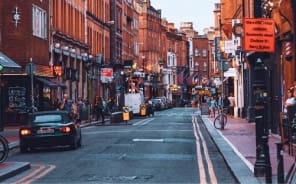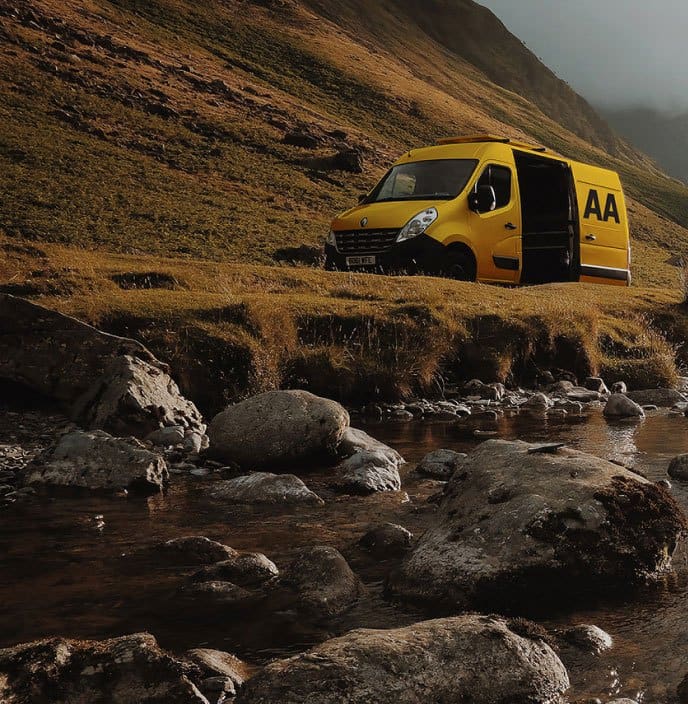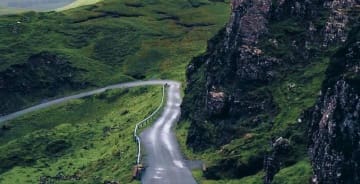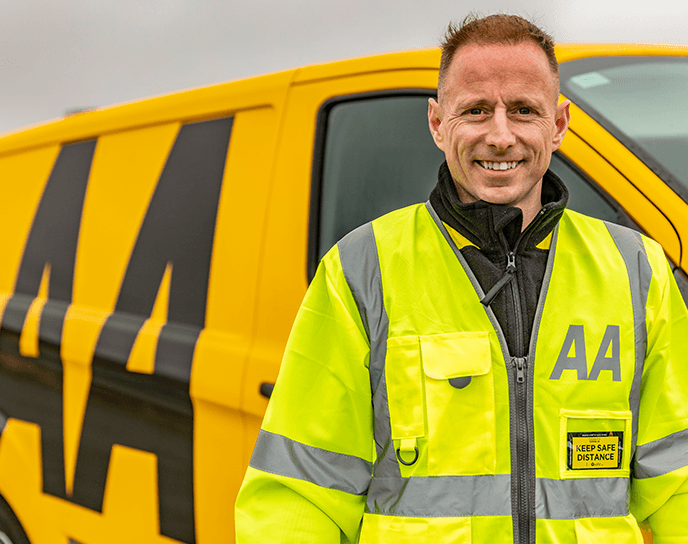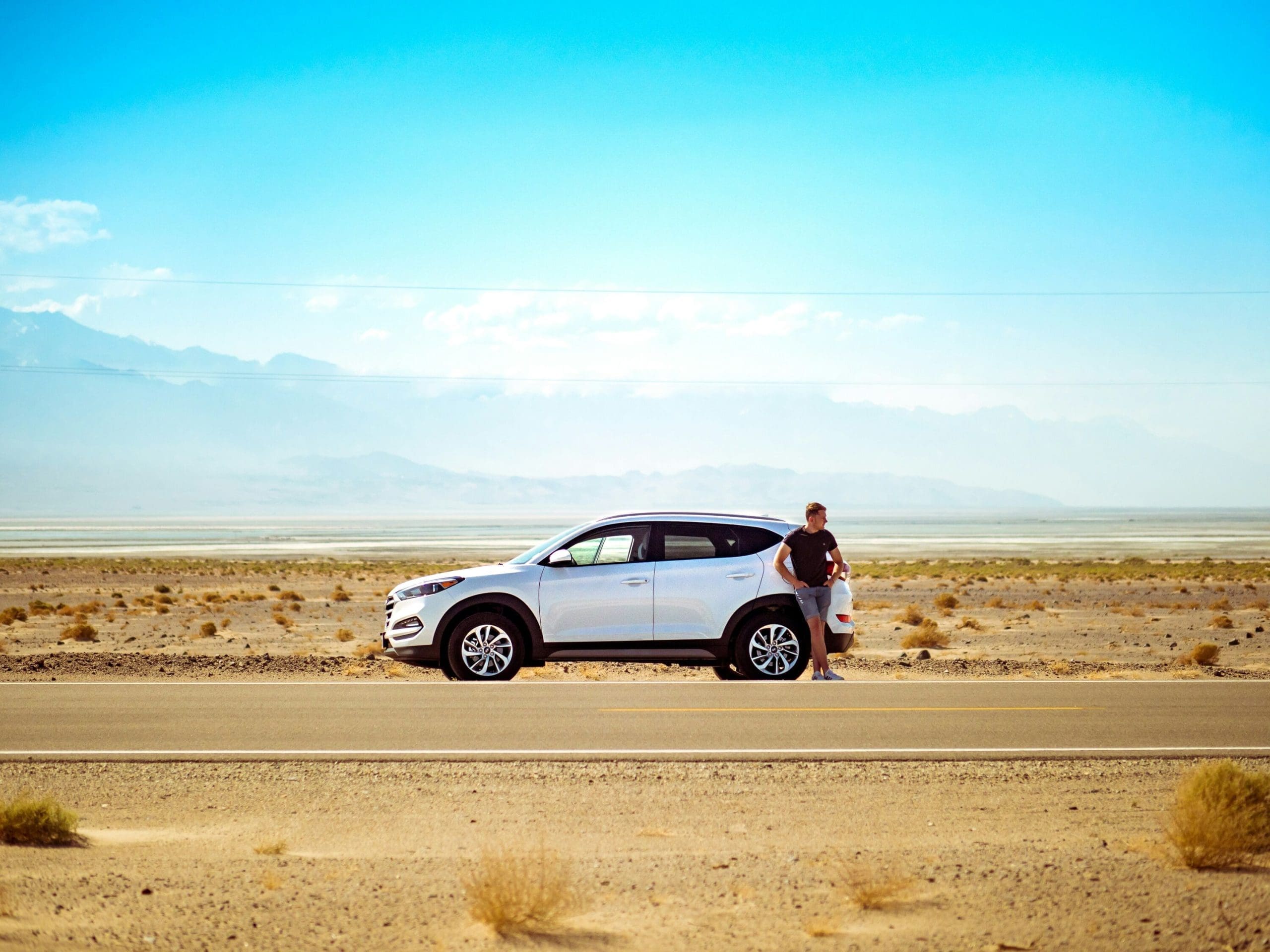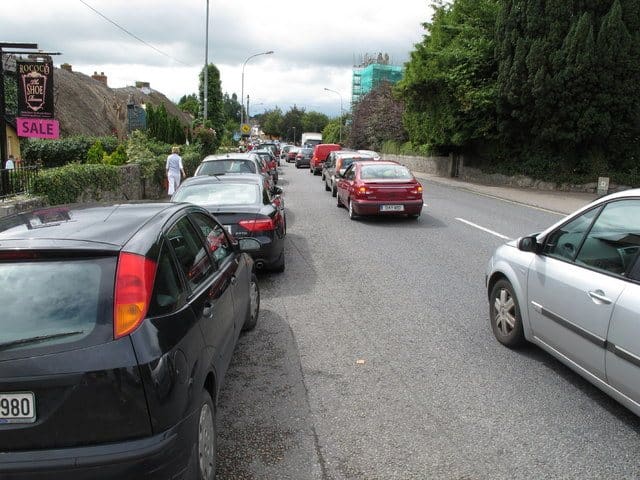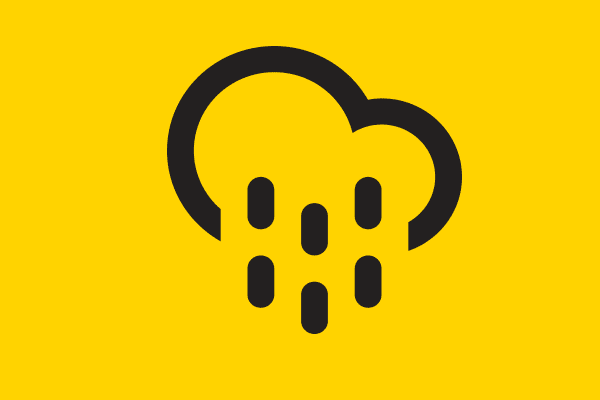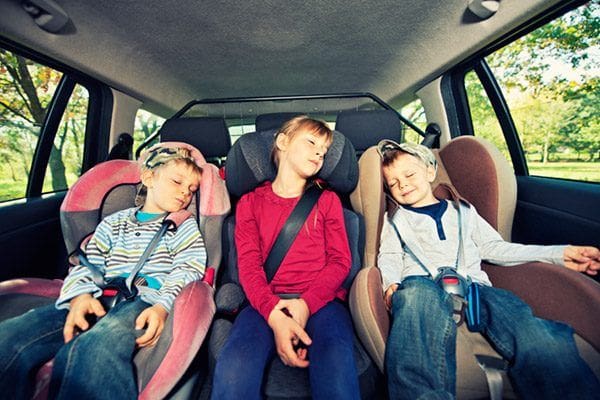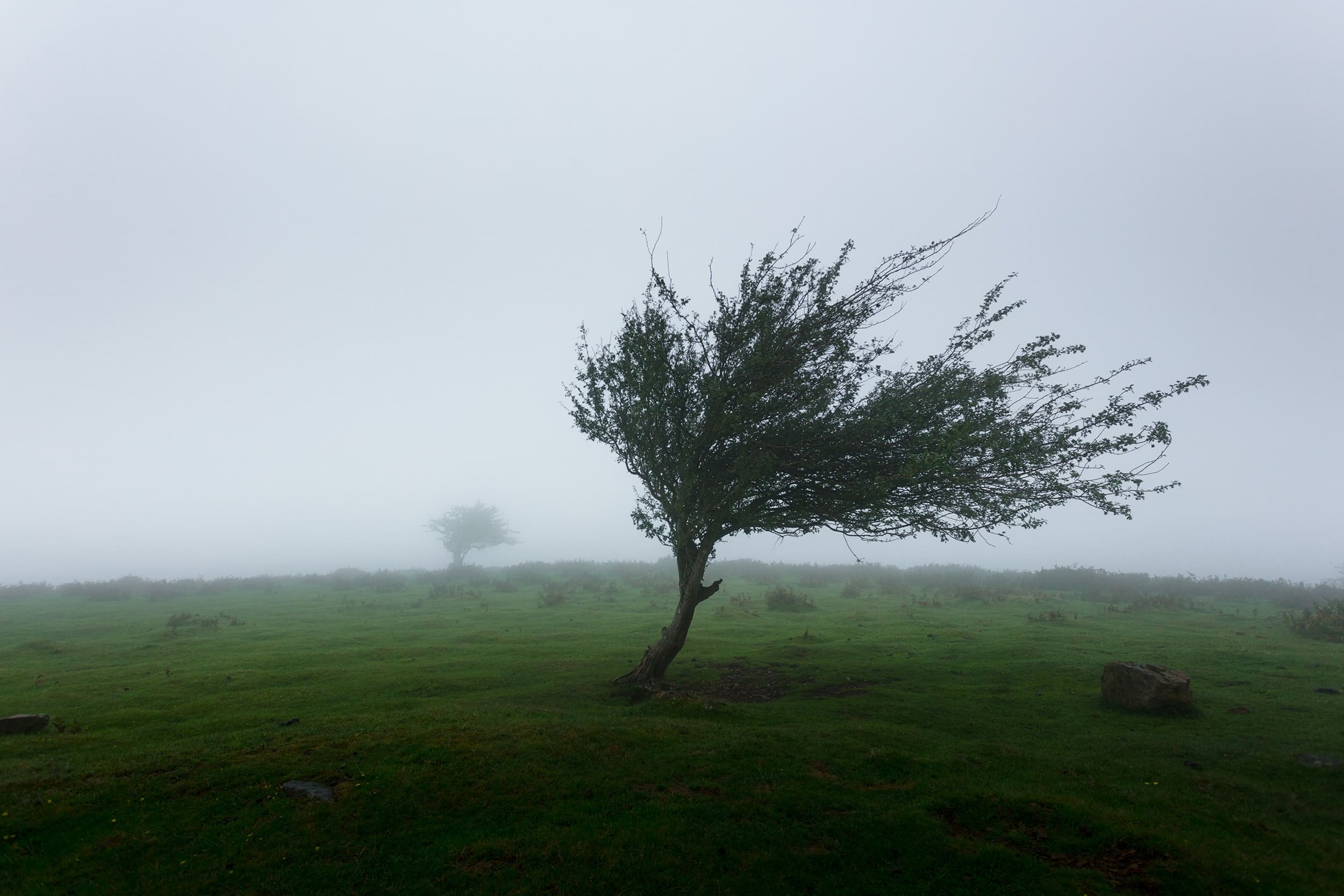As we well know in the AA, all sorts of hazards can happen on the roads. While safe driving and safely sharing the roads minimise our risk of being involved in a collision, you might still come across an incident on your journey, find debris in your way or experience a vehicle fire.
It’s always worth knowing what to do in these situations: forewarned is forearmed, after all. If you’ve ever wondered what you should do if you see someone crash, if smoke comes out of your engine or if you find a wheelbarrow lying on a motorway or a loose horse running across the road, here’s what you should do, based on advice from the Gardaí, RSA, AA Rescue, Dublin Fire Brigade and TII. The golden rule in all cases, though, is to keep as calm as possible, and keep yourself and others safe.
If you come across a collision or see one happen:
If you’re the first on the scene and you can stop somewhere safely, do so. Turn off your engine, put on your handbrake and hazard lights, and use a reflective warning triangle if one is available (but not on a motorway). Check if the emergency services need to be called (112 or 999) and offer assistance if needed. If it’s safe to do so, organise some bystanders to warn oncoming traffic of the incident – but if it’s dark, only do this if they have reflective jackets or armbands and torches, and can stay a safe distance from oncoming traffic.
Keep the injured person warm with coats or rugs, but don’t move them unless there’s a risk of a vehicle catching fire or overturning. Don’t give an injured person food or drink, and never remove an injured motorcyclist’s helmet for them, as this could exacerbate a neck injury and even lead to paralysis.
If there are already enough people helping (or if the emergency services are already there), don’t stop. Take extra care as you pass the scene. If the vehicles are blocking a live lane or are close to the side of your lane, slow down and watch out for people walking around the vehicles, as well as debris on the carriageway. You should also watch out for other vehicles merging into your lane, especially bikes coming from your left. Otherwise, keep moving; slowing down to look at the collision can cause secondary crashes – keep your eyes on the road in front of you.
One more thing: if you’re calling the emergency services because you’ve spotted an incident on the opposite side of a motorway or any route with a barrier in the middle, don’t forget you need to tell them which side the incident is on, NOT the direction you are travelling in. As a Dublin Fire Brigade spokesman pointed out, if the fire engine goes to the wrong side of a motorway, it might cost them another 30km to get back around to the right place.
If you’re involved in a collision:
We all hope to avoid this one, but if it happens, you are legally obliged to stop and remain at the scene for a reasonable time. You must call the Gardaí if the incident appears to be serious, if anyone is injured, and/or if you suspect an offence has been committed. If someone is injured, you must offer assistance, and always call 112 or 999 for an ambulance if their injuries seem serious.
One tip from Dublin Fire Brigade is to double-check your location when calling for emergency services and be particularly careful telling them which side of the road you’re on. If the fire engine is called out to the wrong side of a motorway, it might have to travel a long distance to get to the next exit and come back around to you, which costs time in an emergency.
If the vehicles are blocking the roadway or causing a safety issue, mark their positions and move them out of the way if that’s possible. It’s a good idea too to take photographs of the scene and any damage before you move. Be conscious not to move the vehicle somewhere that could endanger others, especially pedestrians or cyclists. Never try to move an injured person, though, unless there’s a risk of fire or a vehicle overturning. If your vehicle can’t be moved, you may need to call for assistance – AA members can call AA Rescue on 0818 667788 or report it using the AA app.
Drivers must give their name, address, vehicle details and insurance details to any Garda that comes to the scene, as well as to anyone involved in the collision, and/or an independent witness, if requested.
If no-one is injured but there is damage to property, you should report the incident to the owner of the property and/or a Garda in the vicinity. If no Garda is available and you cannot inform the owner, report it to the nearest Garda station as soon as possible. It is a crime to leave the scene of a collision without stopping or without reporting injuries or property damage to the Gardaí.
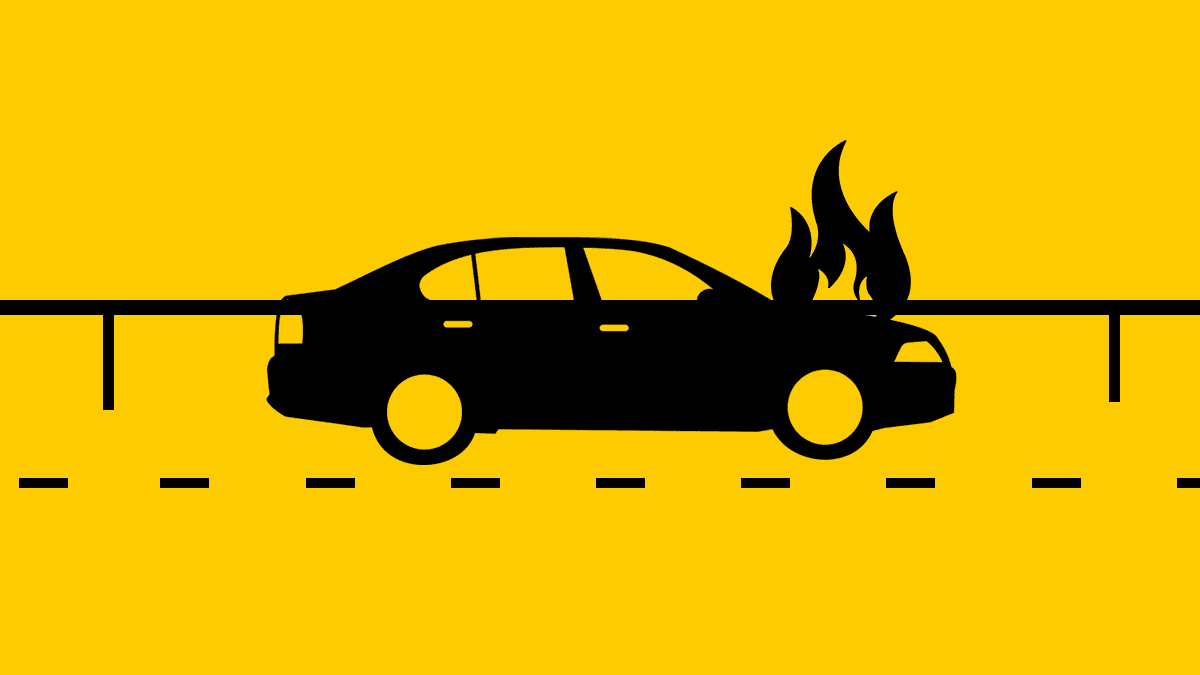
If your vehicle catches fire:
If smoke or steam starts to come from your vehicle while you’re driving, always treat it like it’s a fire – it might only be steam from your coolant system, but don’t ever assume that, because a fire quickly becomes dangerous. Pull over in a safe place, get everyone out of the car and call the emergency services. While you’re waiting, stand up-wind of the smoke, behind a safety barrier if there is one.
Keep away from the live lanes once you get out of the car, because other drivers may not see you with the smoke and/or flames in their line of vision. Dublin Fire Brigade assures us that massive fuel tank explosions are something of a Hollywood myth, but boot struts “can fly off like missiles”, so you want to stay as far away from the vehicle as possible until help arrives.
If you break down in the middle of the road:
First and foremost, keep yourself and others safe. If the vehicle is in the hard shoulder of a motorway, it’s often safest to get everyone out of the vehicle via the left-hand door and stand behind the crash barrier if possible.
If you can’t safely move the vehicle out of a live lane or out of the median (the middle of the motorway), then make it as conspicuous as you can with hazard lights and parking lights, and you’ll need to call the Gardaí or TII’s motorway incident line*. Avoid walking across lanes on the motorway. We have more details on dealing with motorway breakdowns in our post here.
If you’re not on a motorway, leave your hazard lights on and you can put a warning triangle before the vehicle if it’s safe for you to do so. Be extra careful if moving the vehicle manually – watch out for oncoming traffic, and don’t move it into a position that endangers others.
AA Members should use the AA app or call AA Rescue on 0818 667788 to arrange a recovery service; they’ll also talk you through the most appropriate safety measures in your situation while waiting for the patrol to arrive. Make sure you can always be seen clearly if you’re walking around the vehicle. And always follow the instructions given by a member of the emergency services or an AA Patrol – they know how to best keep you protected in these situations. See here for more on AA Membership.
If you get a flat tyre or blow-out:
Pull in slowly in a safe place. You may be able to change the tyre yourself if you have a spare tyre and if it’s safe to do so. We have a full guide to this here and if you’re an AA Member, you can also call AA Rescue to assist you.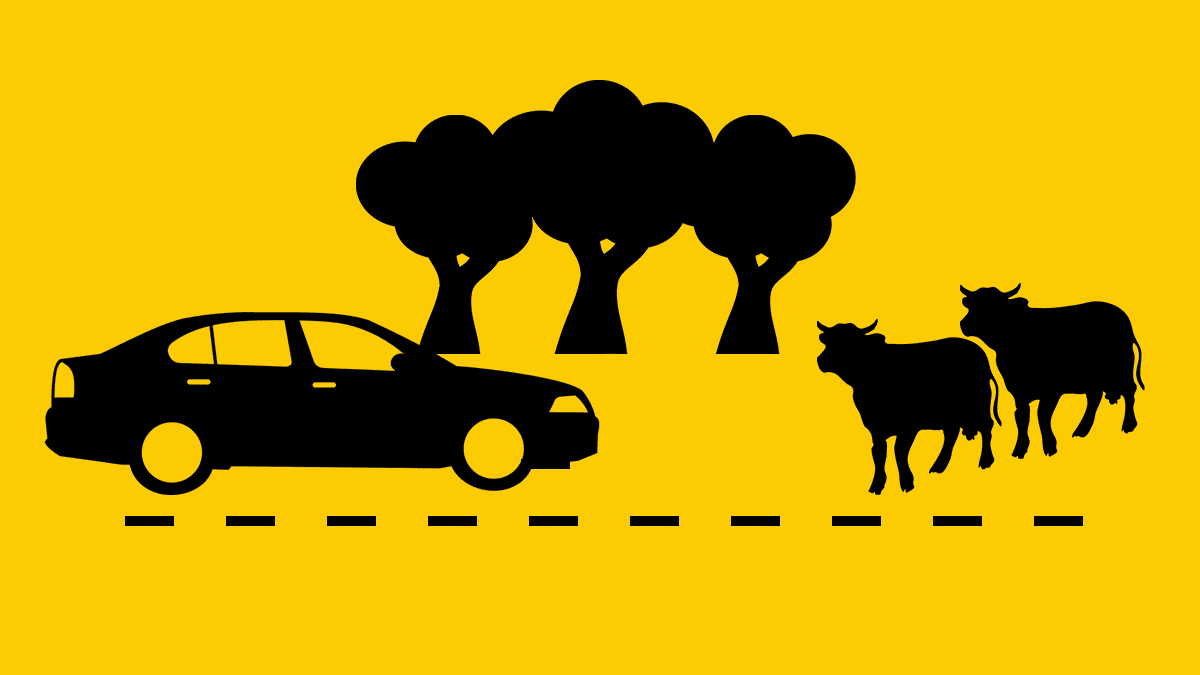

If you come across debris on the road, or a loose animal:
These are common occurrences, and while the thought of a cow or swan or peacock loose (yes, that has happened in Ireland!) on a road can sound funny, they can be a real hazard to watch out for when you’re driving or cycling. We’ve heard about some strange debris over the years too, ranging from mattresses, to wheelbarrows, to a house door on the M50 – but all of those represent a danger for road users if they’re lying across your lane.
On a motorway: Don’t stop unless it’s blocking your path. Slow down and take care; you can also use hazard lights to warn those behind you. Be particularly careful passing animals, who may move suddenly as you pass by, and be aware that others may swerve suddenly to avoid the animal too. Call TII’s motorway incident line* so that motorway services can go out to remove it. Never get out of your vehicle on the motorway to attempt to remove debris or herd an animal off the road yourself.
On other routes: Only stop to remove debris or move an animal if you’re certain it’s safe for you to do so. Don’t put yourself in danger (especially if it’s dark, on a bad bend, or on a busy road, or if it’s debris that is difficult to move). Also be aware of the weather conditions – if the debris has fallen onto the road in very windy or wet conditions, be extra cautious, as more debris or branches could blow that way; keep yourself safe at all times. Call the nearest Garda station to report it.
If you come across fallen power lines or a fallen tree:
Never touch fallen power lines, and be careful with fallen branches as there may be power lines tangled in them. You should call ESB Networks on 1800 372 999 to report the cables, and don’t try to pass the cables if you’re not certain your vehicle will get through without touching them. You can also report the road blockage to the nearest Garda station or county council.
*For all incidents on a motorway in Ireland, you can call TII on 0818 715 100, or use one of their emergency phones, which are located along the motorways at 1.6km intervals. Motorways also have location signs at 500m intervals giving a precise location – if you see one of these, you can use it to let them know exactly where you are.
This blog about dealing with road incidents is part of a series of safe driving blogs. You can read more about recognising your dashboard warning lights here, and how to fix a puncture here.

